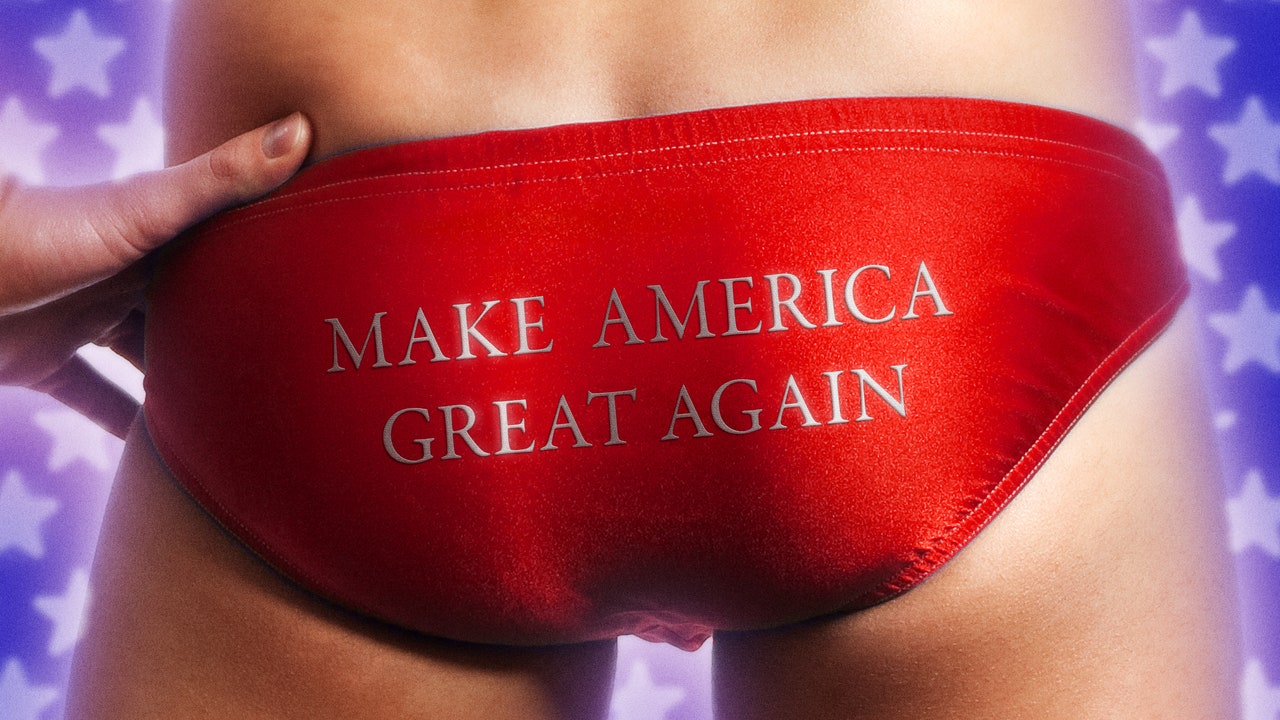Gay men have long affiliated themselves with the Republican Party, and not without political justification. As historian Neil J. Young documents in his history of the gay right, Coming Out Republican, in the 1950s and ’60s, when homophobia was bipartisan, many gays viewed the party of small government as their best hope for liberation. “If government is the biggest oppressor of gay men and women,” Young said of their thinking, “then isn’t the pathway to freedom via the political party that believes in less government and restrained federal power?”
That logic came under strain in the ’80s, as the Democratic Party became more explicitly welcoming toward gays, and the Republican Party, in a bid to appease evangelicals and social conservatives, became more hostile toward them. Nevertheless, gay conservatives maintained their place in the party, working to elect socially moderate candidates and advocating for marriage equality and the end of the military ban, often under the auspices of the Log Cabin Republicans. Historically, Young said, the Log Cabin Republicans “operated as a thorn in the side” of the Republican establishment, but now “they are party insiders, and their job is to pump up Trump.”
Charles Moran, the Log Cabin Republicans’ outgoing national president, told me that the organization had to contend with an “infestation” of uncooperative members, including what he described as a “cabal of Never Trump lesbians,” as it brought itself into line behind the party’s new leader. Its embrace of Trump has paid off. The organization, Moran said, doubled its paid memberships and quintupled its email sign-ups during the 2020 election and now counts 10,000 members nationwide.
Moran and other MAGA gays are eager to itemize the things Trump has done for gay people. They argue that he was the first president to enter office as a supporter of gay marriage; that he launched a campaign to end the HIV/AIDS epidemic in the US by 2030; that he called for homosexuality to be decriminalized worldwide; and that he appointed Richard Grenell as acting director of National Intelligence, making him, at the time, the first out gay person to hold a cabinet-level position.
They also believe the fight for gay rights, at least as they define it, is largely over. Several of the men I spoke to cited the 2022 Respect for Marriage Act, for instance, as proof that their right to marry is a settled matter. But that bill was only introduced after Clarence Thomas called into question the constitutional legitimacy of Obergefell v. Hodges, the Supreme Court decision that legalized gay marriage, and it was opposed by a majority of Republicans in the House and Senate. A 2024 Gallup poll also shows that Republicans’ support for gay marriage, after reaching a high of 55% in 2022, has fallen to 46%.
Young, the historian, believes Republicans’ focus on trans people is an “opening wedge issue into a broader attack on LGBT rights,” none of which can be taken for granted. “No cultural progress, let alone legislative or political progress, is written in stone,” he said. “It feels like we’re in a moment where all of those things are under threat, including marriage equality, and they just do not see it.”
He also sees parallels between the current campaigns against trans people and those targeting gay people by figures such as Anita Bryant in decades past. To see some gay men, once objects of scorn, now joining criticisms of more marginalized parts of the LGBTQ+ community is “heartbreaking,” he said, and also dangerous. “It allows that language to be normalized and adopted more broadly than it would if gay folks weren’t using it themselves.”

